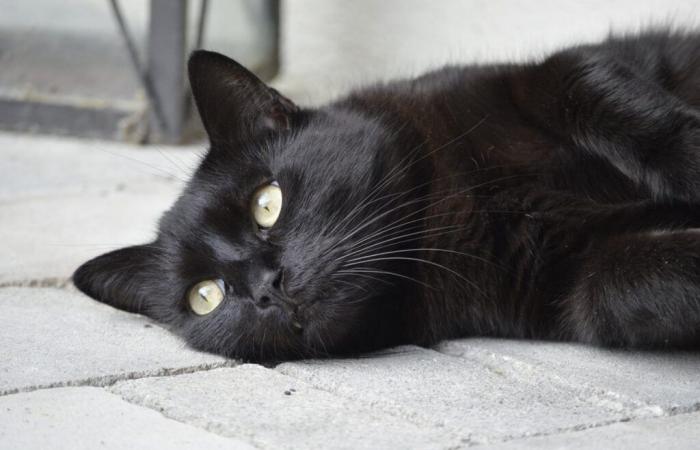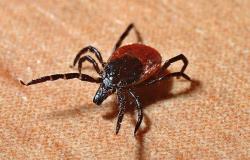The mode of operation of the feline immunodeficiency virus (FIV) is very similar to that of HIV in humans: it is a retrovirus that weakens the cat’s immune system. Once infected, the cat becomes more vulnerable to opportunistic infections and diseases. This does not mean that a cat with FIV will become ill immediately; they can live for years without showing symptoms. However, as the virus progresses, signs of the disease appear: weight loss, recurring fever, diarrhea, enlarged lymph nodes … and especially infections that do not heal well.
FIV transmission occurs by contact between cats, but not just any contact. It is mainly par deep bites between cats. This explains why unsterilized cats, especially males, who tend to fight over territory, are at higher risk. Important clarification: FIV is not transmitted through friendly contact such as sharing food bowls, litter boxes, or even licking. I say this is important because if you have multiple cats and one of them is FIV+, if they are not fighting and are peaceful, this greatly minimizes the risk to the other cats.
Cats that live exclusively indoors have a much lower risk of contracting FIV. However, if your cat goes outside, the risk of being bitten by another feline increases. This is why neutering and monitoring interactions with other cats are essential measures to prevent this infection.
How to care for a cat with FIV?
First, a diagnosis is required and this is done by highlighting the presence of antibodies from a blood sample. It is done in a clinic, and the result is immediate.
If your cat has been diagnosed as FIV positive, don’t panic. With proper care, many FIV+ cats can live long and happy lives, even ifthere is no treatment to cure of this disease. It is essential to monitor their health closely, provide them with a balanced diet and limit their exposure to other cats as much as possible.
And then we put in place preventive measures to prevent them from contracting other pathologies, since their immune system is potentially less effective: they must be up to date with their vaccinations, be regularly treated against parasites… In short, good hygiene can greatly improve their quality of life.
Read more






